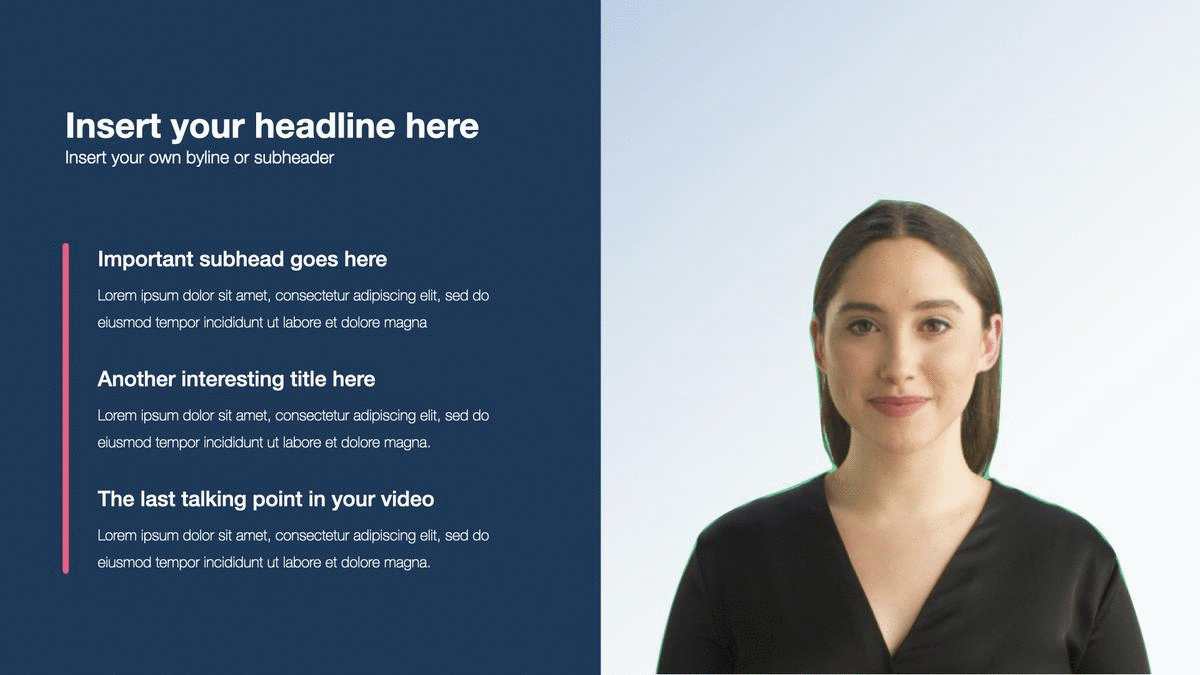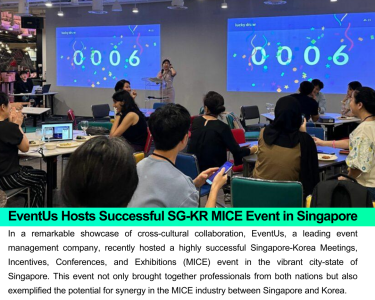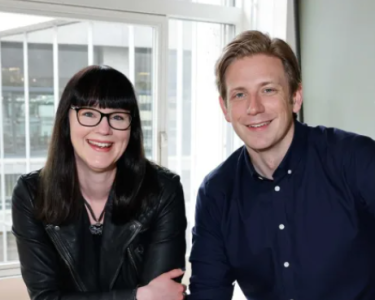
With the normalization of virtual meetups during the pandemic, the concept of “personalized AI” began to gain traction.
Startups specializing in “AI-driven” avatars, which are lifelike characters with synthetic voices appearing in pre-recorded or live videos, have secured substantial venture capital funding in recent years. These avatars continue to improve, promising more personalized digital marketing and training experiences while reducing the costs typically associated with video production.
Synthesia, a company utilizing AI to produce synthetic videos for advertising and other applications, recently announced a successful Series C funding round. Led by Accel and with a strategic investment from Nvidia, the round raised $90 million. Other participants included Kleiner Perkins, GV, Firstmark Capital, and MMC. This latest funding brings Synthesia’s total raised capital to $156.6 million, valuing the startup at $1 billion post-money (up from $300 million in December 2021).
Co-founder and CEO Victor Riparbelli emphasizes that Synthesia is a “sustainable business” and wasn’t actively seeking additional investment. However, Accel and Nvidia approached the company with a compelling offer. Riparbelli shares that Synthesia currently serves over 50,000 customers, boasting a year-over-year user growth rate of 456% and more than 15 million videos generated on the platform to date. Although revenue figures are not disclosed at this time, the company demonstrates significant progress.
Established in 2017 by a team of AI researchers and entrepreneurs from University College London, Stanford, Technical University of Munich, and Cambridge, Synthesia has grown to employ approximately 200 individuals. Their AI technology enables customers to create instructional videos featuring pre-existing or custom AI avatars. Users simply input text, select an avatar, and choose a language to generate their videos.
Synthesia employs artificial intelligence trained on actual actors, who are compensated for each video generated using their image and voice.
Notable clients of Synthesia include Tiffany’s, IHG, Teleperformance, BSH, Moody’s Analytics, and various United Nations entities. According to Riparbelli, approximately 35% of Fortune 100 companies utilize the startup’s services for training and marketing purposes.
Riparbelli stated, “Synthesia is revolutionizing traditional video production by digitizing the entire process, allowing creators to bring their ideas to life with a simple Synthesia account. Our mission is to make video creation accessible to everyone.”
However, some experts have raised concerns about the potential misuse of tools like Synthesia’s, particularly for creating deepfakes—AI-generated videos that substitute one person’s likeness for another. The apprehension stems from the fear that these manipulated videos could be employed to influence public opinion during elections or falsely implicate individuals in crimes.
Synthesia maintains that it thoroughly evaluates its customers and scripts, requiring explicit consent from individuals before synthesizing their appearance. Their disinformation team actively suspends accounts found to be in violation of the company’s terms of service, which strictly prohibit the use of their technology for “political, sexual, personal, criminal, and discriminatory content.”
Riparbelli explains that the Series C investment will be utilized to enhance Synthesia’s avatars, making them more expressive, while also improving the speed and collaborative features of the Synthesia platform.





